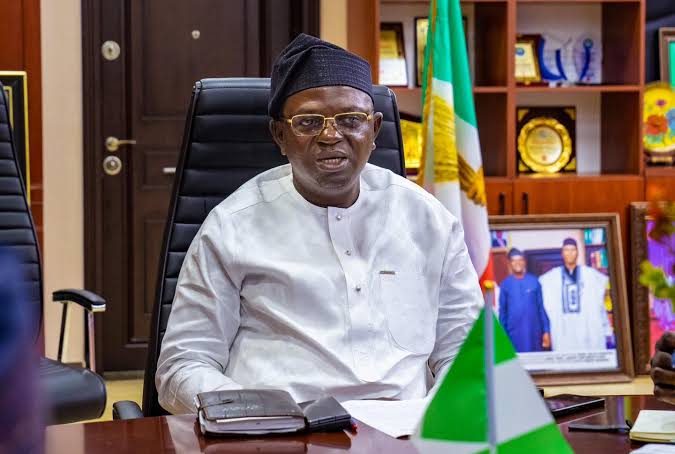Rural water development took a bold step forward today as the Federal Ministry of Water Resources and Sanitation inaugurated the National Technical Working Group on Sustainability of Rural Water Supply Systems. The initiative seeks to improve the long-term functionality and resilience of rural water infrastructure across Nigeria while addressing the many challenges that have often weakened past projects. By launching this Working Group, the Ministry is signaling a strong commitment to protecting the health and future of rural families.
At the inaugural meeting held in Abuja, Permanent Secretary of the Ministry, Mr. Richard Phellangwah, welcomed members of the Working Group and stressed the importance of their assignment. He explained that rural water systems must no longer fail within a few years of installation. Instead, they must serve communities consistently, offering safe and reliable access to clean water. He emphasized that sustainability and resilience should guide every new strategy. This, he noted, is not only about infrastructure but also about the dignity and wellbeing of people who depend on it daily.
For too long, rural water infrastructure in Nigeria has faced serious challenges. Many projects have collapsed due to poor maintenance, limited funding, and lack of technical oversight. As a result, countless families are left to rely on unsafe sources, exposing themselves to health risks and economic setbacks. However, the creation of this Working Group is intended to break that cycle. It will bring together experts who can design solutions that stand the test of time.
Mr. Phellangwah pointed out that achieving sustainability requires more than construction. He argued that communities must be directly involved in decision-making and management, since ownership increases durability. He also noted that climate change and population growth are placing new pressures on rural water systems, making resilience essential. With these realities in mind, the NTWG is expected to craft policies and strategies that strengthen infrastructure and protect access for millions.
The meeting generated optimism among participants, who agreed that collaboration will be key to success. Government cannot achieve this goal alone, and partnerships with private organizations, international agencies, and local communities will be crucial. Strong monitoring frameworks must also be established to measure progress and ensure accountability. These measures will help guarantee that commitments translate into visible improvements in rural communities.
Beyond sustainability, the NTWG will also explore innovative financing and technology-driven approaches to strengthen rural water systems. By combining modern solutions with community-driven practices, the initiative can offer long-term value and reliability. Many participants highlighted that when communities take charge of water systems, they tend to last longer and remain functional. Therefore, empowerment and training will form part of the group’s focus.
The launch of the NTWG also aligns with Nigeria’s determination to meet Sustainable Development Goal 6, which centers on universal access to clean water and sanitation. Strengthening rural water is central to this journey, as rural communities are often left behind in national planning. Every additional household that gains access represents a victory for public health, education, and economic development. Safe water reduces diseases, boosts productivity, and enables children to attend school more regularly.
Today’s inauguration represents more than a policy action; it is a promise of better living conditions for millions. Nigeria has shown determination to secure the future of its rural water systems and protect the dignity of its people. With clear vision, strong collaboration, and accountability, the NTWG can help transform communities across the country. Rural families now have renewed hope that the water flowing to their homes will remain safe, reliable, and sustainable for generations.





